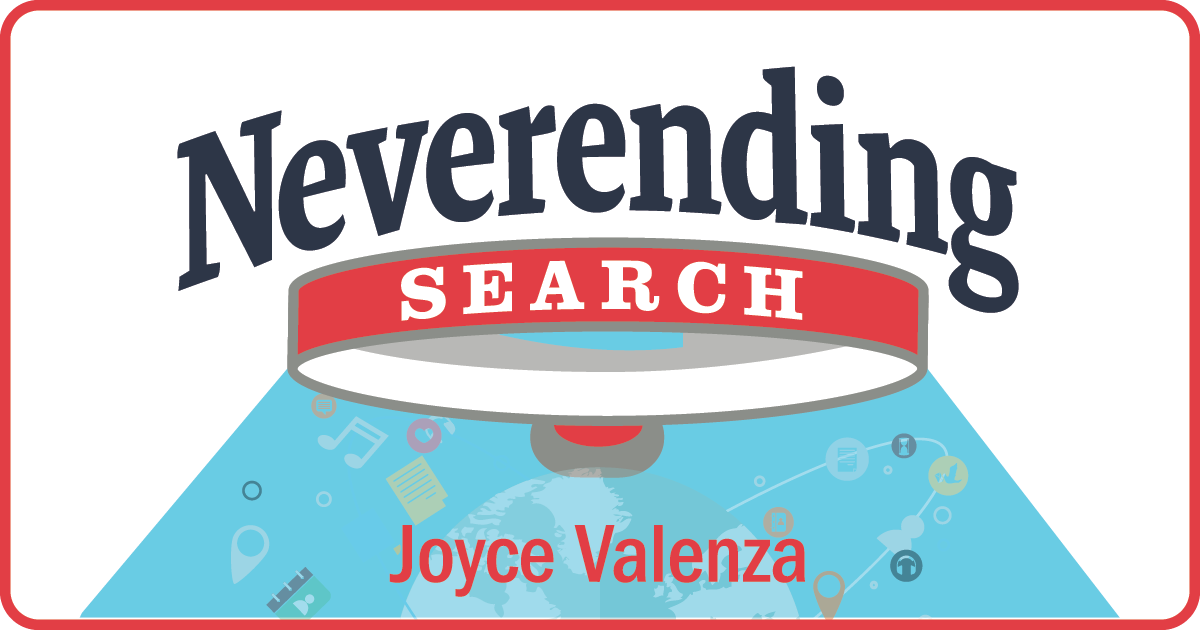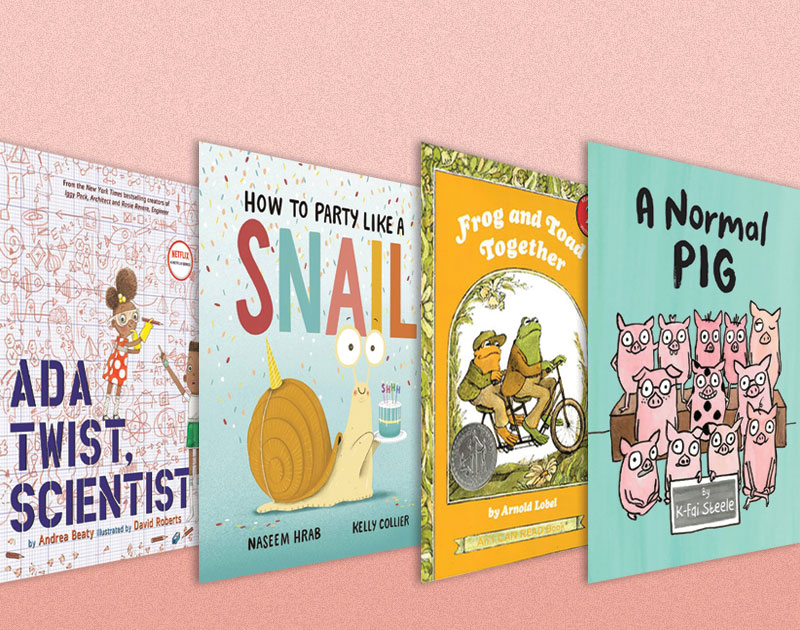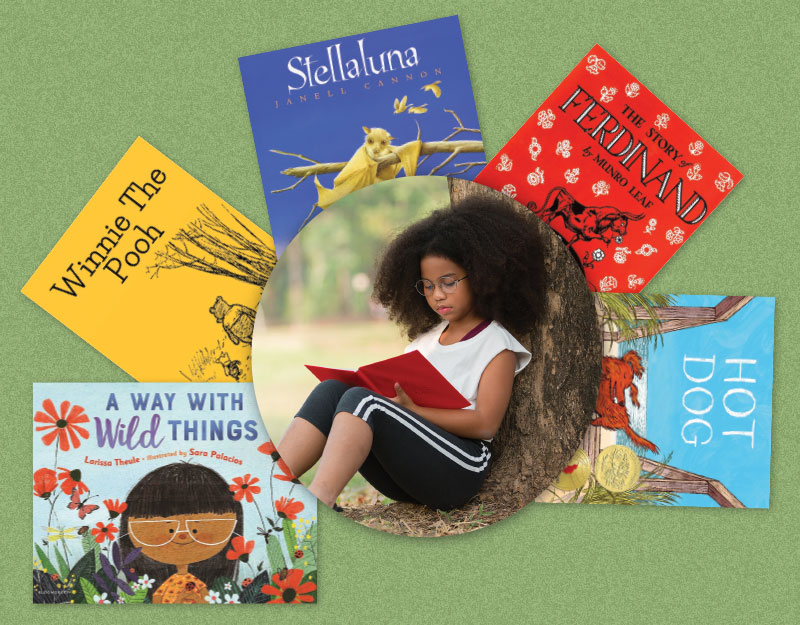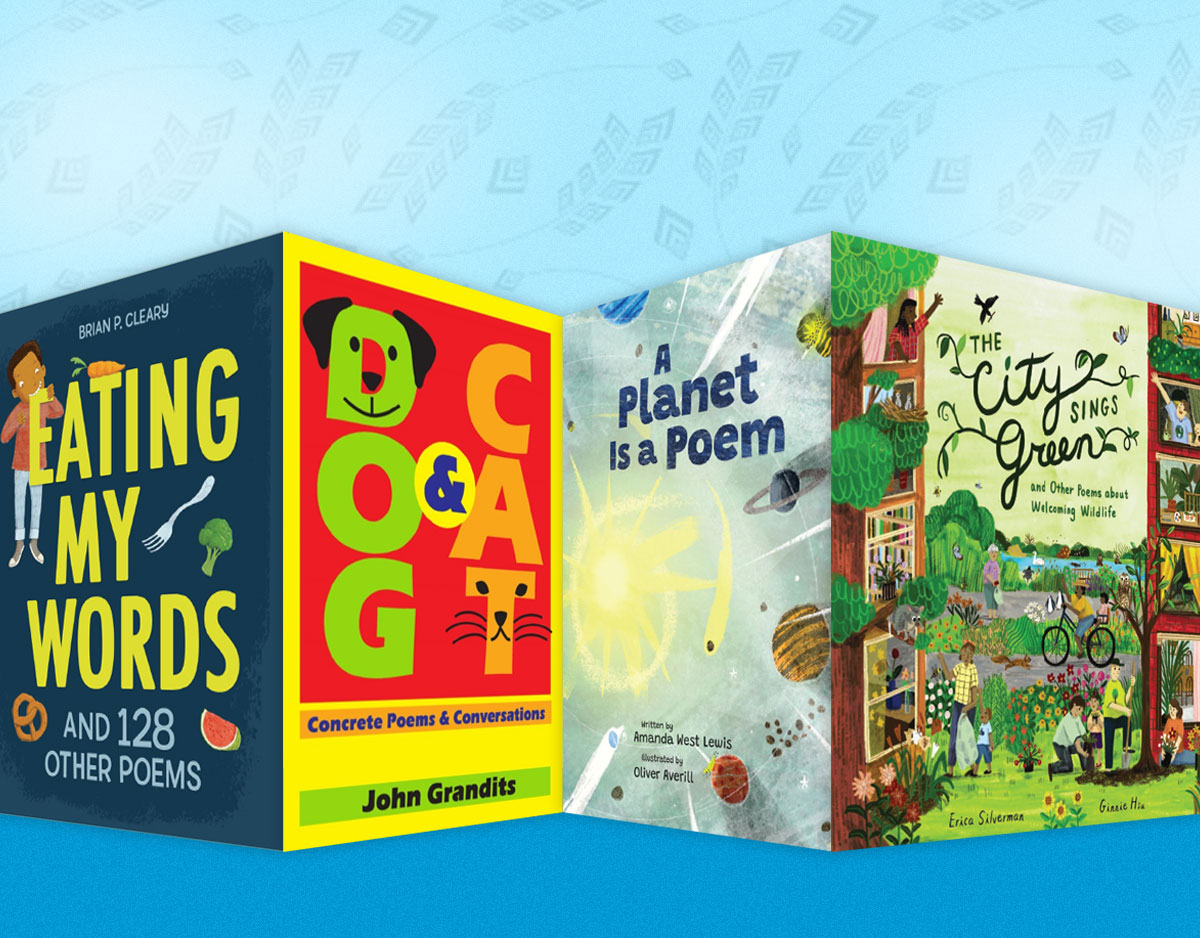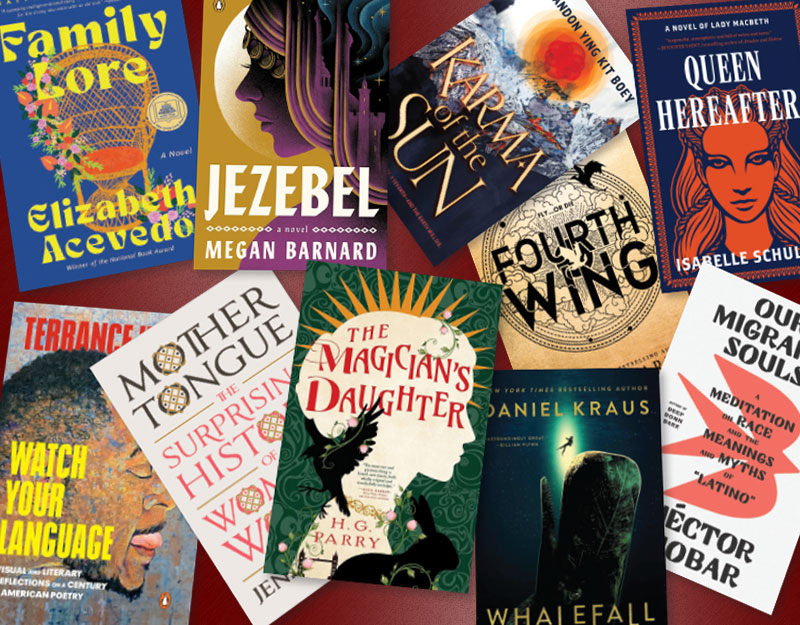SCROLL DOWN TO READ THE POST
The Joy of Search
Back in 2001, Roy Tennant famously said, “Only librarians like to search, everyone else likes to find.” Library Journal Digital Libraries- Cross-Database Search: One-Stop Shopping.

Dan Russell’s new book, The Joy of Search takes a deeper dive for both camps, perhaps making search–in and beyond Google–just a little more fun for us all.
You may be familiar with Dan’s SearchResearch Blog, in which his wonderings about the world around him have led us to search challenges for more than ten years now.
I know Dan as a Google research scientist, but the book cover informs me of his even lovelier title: a Senior Research Scientist for Search Quality and User Happiness. See Dan’s website for his own definition of this role:
he works in the area of search quality, with a focus on understanding what makes Google users happy in their use of web search. He is sometimes called a search anthropologist. where he works in the area of search quality, with a focus on understanding what makes Google users happy in their use of web search. He is sometimes called a search anthropologist. for search quality and user happiness at Google, tells us stories.
Rich with photos and screenshots, The Joy Of Search offers a lens on how an expert searcher, someone who understands what goes on under the hood of a variety of search tools, solves everyday information problems. The processes and strategies Dan describes through his engaging stories are eminently transferable. With each chapter, takeaways are recapped and additional challenges allow you to practice what you’ve learned.
ADVERTISEMENT
ADVERTISEMENT

Among my favorite of the little stories was this practical example. You’re traveling and you rent a car. Without getting out of the car, how can you figure out on which side of the car you will need to fill up?
This particular short journey takes you through establishing language that describes discovering terms used by car manuals–we move from gas cap to fuel filler hose–using Google images as a search tool, and considering a context term, in this case, the word diagram.
Clue–it’s not about the side on which the hose appears on the tank icon.
Each story builds on the wisdom demonstrated by truly agile searchers and are inspired by Dan’s travel, the stuff he notices on his runs, a potential crisis (when his daughter tastes a suspicious plant), and casual readings and conversations that pose the most curious questions. Each highlights the value of taking a few different tools out of a rich search toolkit. In each story, Dan models the value and the joy of being a lifelong and life-wide learner, as well as being an effective searcher.
Across the stories, Dan contends that the best searchers create effective queries. They write out their evolving questions. They start simple. They search with peripheral vision, looking for hidden clues in their results and readings. They triangulate multiple sources. They consider the best place or mode in which to start–for instance, Google Images, Google Maps, Street View, Google Books, Ngram Viewer. In the chapter, “When you would want to read the Italian Wikipedia?” Dan also digs deep into tips for getting the most out of a Wikipedia search. And sometimes, he demonstrates that effective searchers need to search offline sources–face-to-face in libraries and archives or in online repositories. Sometimes visiting with a subject expert is the best way to go.
ADVERTISEMENT
ADVERTISEMENT
In Chapter 19, “On being a great searcher,” Dan summarizes the lessons we picked up along his storytelling journey. Great searchers exhibit certain attitudes. They are resilient, persistent, curious, abstract thinkers. They learn from mistakes and constantly learn about the world.
Great searchers also exhibit the following behaviors:
- They figure out what the question really is.
- They recognize what they are doing as they search–understanding problems and areas of uncertainty.
- They understand the need to contextualize what they find.
- They select what questions to ask about.
- They already know stuff–vocabulary, concepts, relationships.
- They understand coverage and limitations.
- They understand how search interfaces work.
- They read boldy yet carefully.
- They validate the resources they find.
- They know when to stop searching.
Each of Dan’s chapters/stories concludes with the following:
- Research Lessons: A synthesis of discoveries and strategies used along this particular research journey and how they might be applied to others
- How to Do It: instructions about some specific tips used
- Try This Yourself: Research problems that engage readers in developing a research query and practicing the skills learned in the chapter and those that came before. These are quite appropriate for high school students.
One of Dan’s major goals is to enable more people to discover and better leverage the powerful tools they don’t really know about in their go-to search tools.
The online world has an immense set of resources onhand and yet I see that most people don’t really know how to use it effectively. It’s as though we’ve all been given a Steinway, but we only know Chopsticks.
(Dan Russell, The Joy of Search, p. 4)
I will be using these challenges with my grad students who also participate in Dan’s Advanced Power Searching challenges which my Springfield Township High School students initially test-drove for Dan’s team at Google. I can see assigning selected chapters to high school students with follow-up discussions applying Dan’s tips.
I visited with Dan shortly before The Joy of Search was released and chatted about the strategies he shared.
Dan, thank you for this wonderful gift to those of us who find joy or are developing our joy in search! Librarians will enjoy digging into to these challenges to hone and update their strategic search skills.
Dan’s open challenges work beautifully for our colleagues and my grad students, and would likely be geeky fun for many of my former high school students.
As I read I wondered if we might also create challenges that more closely resemble the contexts and types of questions K12 students would personally ask about their communities and their worlds, as well as the types of sustained inquiry we would like to them to engage in around the curriculum
So, Dan, should you ever need a partner to spread the joy even further with a follow-up for young searchers, I’m all in! 🙂
You may also be interested in on of my earlier post: Google: On Knowing Where to Start.
Filed under: Google, Google Books, technology
About Joyce Valenza
Joyce is an Assistant Professor of Teaching at Rutgers University School of Information and Communication, a technology writer, speaker, blogger and learner. Follow her on Twitter: @joycevalenza
ADVERTISEMENT
SLJ Blog Network
2024 Books from Pura Belpré Winners
Passover Postings! Chris Baron, Joshua S. Levy, and Naomi Milliner Discuss On All Other Nights
Winnie-The-Pooh | Review
Crafting the Audacity, One Work at a Time, a guest post by author Brittany N. Williams
The Classroom Bookshelf is Moving
ADVERTISEMENT
ADVERTISEMENT

